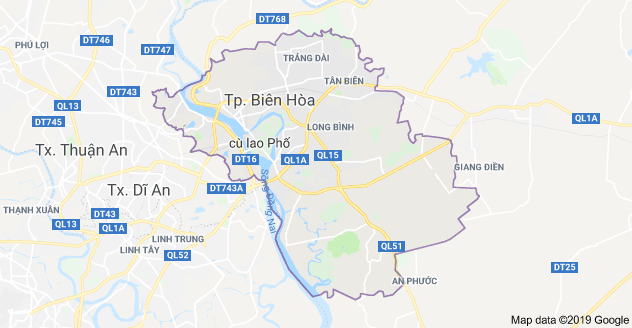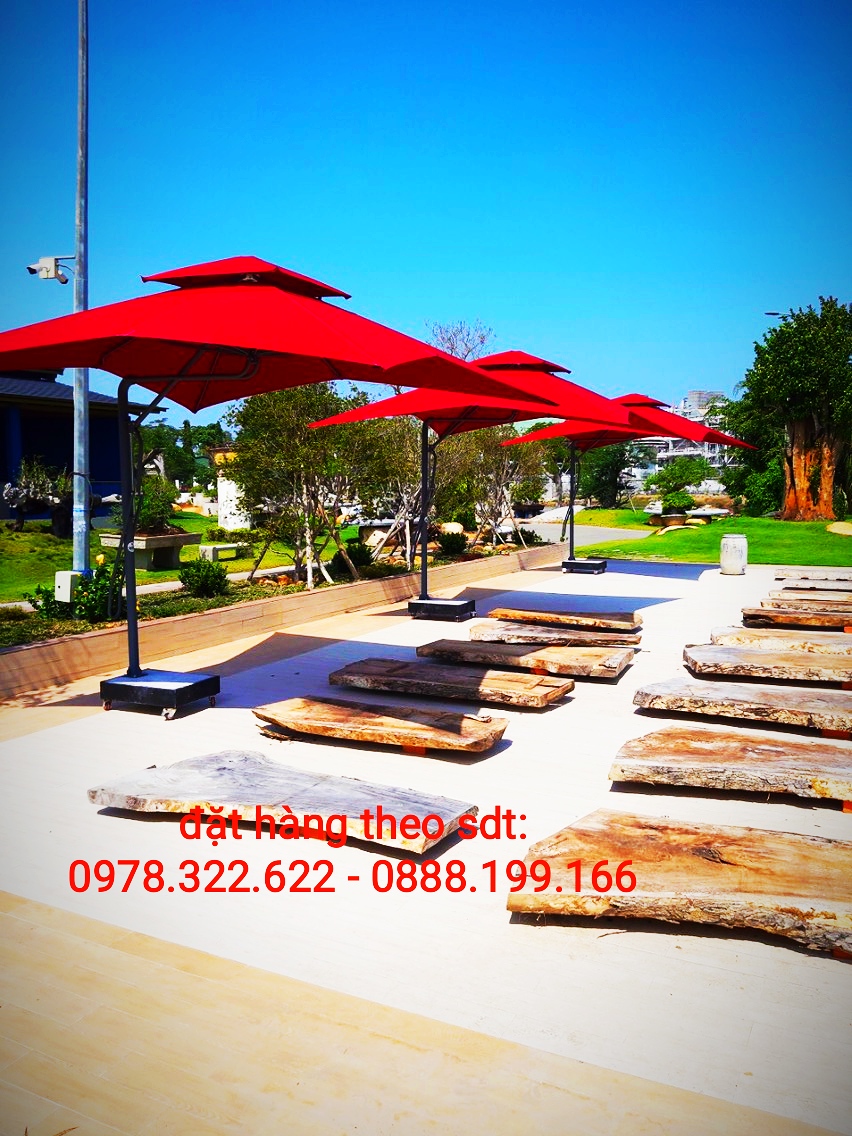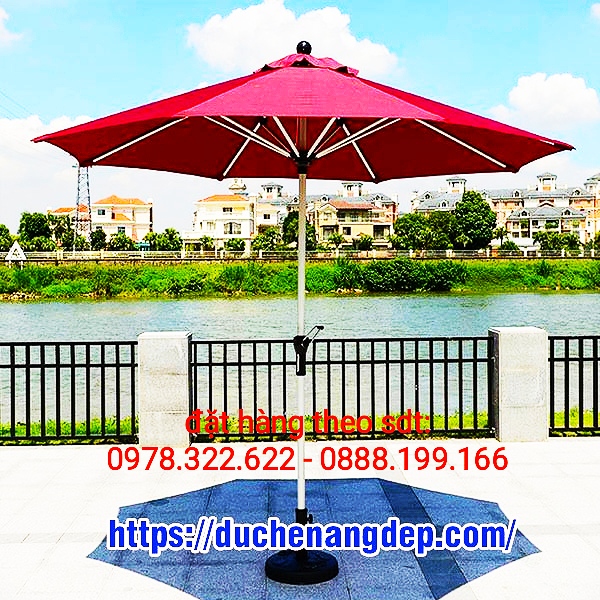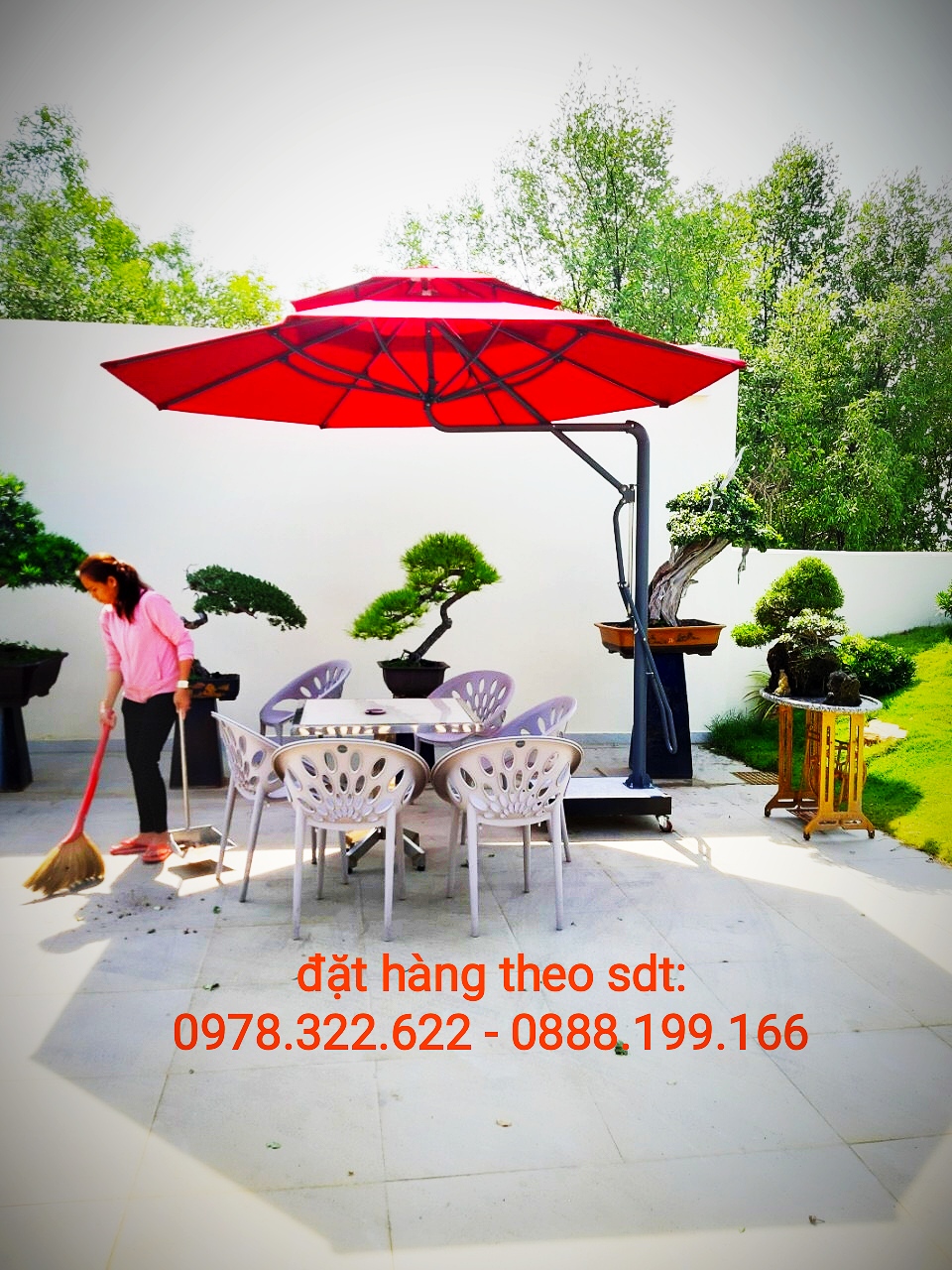Viết bình luận
JamesIsole (chưa được kiểm chứng)
- phản hồi
Email:
peterburnett1921@biliterfml.com
When British traders landed on India’s shores in the 1600s, they arrived in search of spices and silk but stayed for centuries – leaving behind a legacy that would shape the nation long after their colonial exploitation ended: the English language.
Over the centuries, English seeped into the very fabric of Indian life – first as a tool of commerce, then as the language of law and, eventually, a marker of privilege.
tripscan войти
Now, after more than a decade of Hindu-nationalist rule, Prime Minister Narendra Modi’s Bharatiya Janata Party (BJP) is mounting perhaps the most significant challenge yet to the language’s place in India.
“Those who speak English will soon feel ashamed,” Home Minister Amit Shah said last month, igniting a heated debate about national identity and social mobility in the polyglot nation of 1.4 billion.
While Shah did not mention India’s former colonial masters, he declared that “the languages of our country are the jewels of our culture” – and that without them, “we cease to be truly Indian.”
https://trip36.win
сайт трипскан
Spoken behind the walls of colonial forts and offices, English in India was at first the language of ledgers and treaties.
But as British rule expanded from the ports of Gujarat to the palaces of Delhi, it became the lingua franca of the colonial elite.
At independence, India faced a dilemma. With hundreds of languages and dialects spoken across its vast landscape, its newly appointed leaders grappled with the question of which one should represent the new nation.
Hindi, the predominant language in the north, was put forward as a candidate for official language.
But strong resistance from non-Hindi-speaking regions – especially in the south – meant English would remain only as a temporary link to unite the country. It’s a legacy that endures to this day – and still rankles some.
“I subscribe to the view that English is the language of the colonial masters,” Pradeep Bahirwani, a retired corporate executive from the southern city of Bengaluru, said, adding: “Our national language should be a language which… has got roots in India.”
August 10, 2025 at
12:49 am
Giới thiệu
Ô Dù Lệch Tâm, Ô dù lệch tâm cho các hệ thống quán Cà Phê, Ô dù lệch tâm cho Khu Du lịch, sân trường, các loại dù sự kiện, nhà bạt nhà lếu xếp di động chuyên dụng kích thước đa dạng và có độ thẩm mỹ cao tạo không gian sống thoải mái và môi trường kinh doanh làm việc của bạn đạt hiệu quả cao nh
Với tiêu chí lấy chất lượng sản phẩm là hàng đầu để tạo uy tín cho sự phát triển bền vững của Ô Dù Lệch Tâm.
Chúng tôi nằm trong hệ thống liên kêt với công ty TNHH- Hòa Phát Đạt
xem thêm :
mai hien di dong, mai xep luon song
Nếu Quý khách hàng có nhu cầu xin liên hệ số ĐT: 0978.322.622 hoặc 0942.922.622
Liên hệ

- Địa chỉ: Số 95, KP Nhị Đồng 2, P Dĩ An, TX Dĩ An, T Bình Dương – Việt Nam
- Địa chỉ: Số 938, Đường Đồng Khởi, P Trảng Dài, TP Biên Hòa, T Đồng Nai – Việt Nam
- Địa chỉ: Số 26, Đường Số 10, P Trường Thọ, Quận Thủ Đức, TP Hồ Chí Minh – Việt Nam
- ĐT: (+84)0942 922 622 hoặc: (+84)0988.721.232
- Mail: anhhoaphatdat@gmail.com








